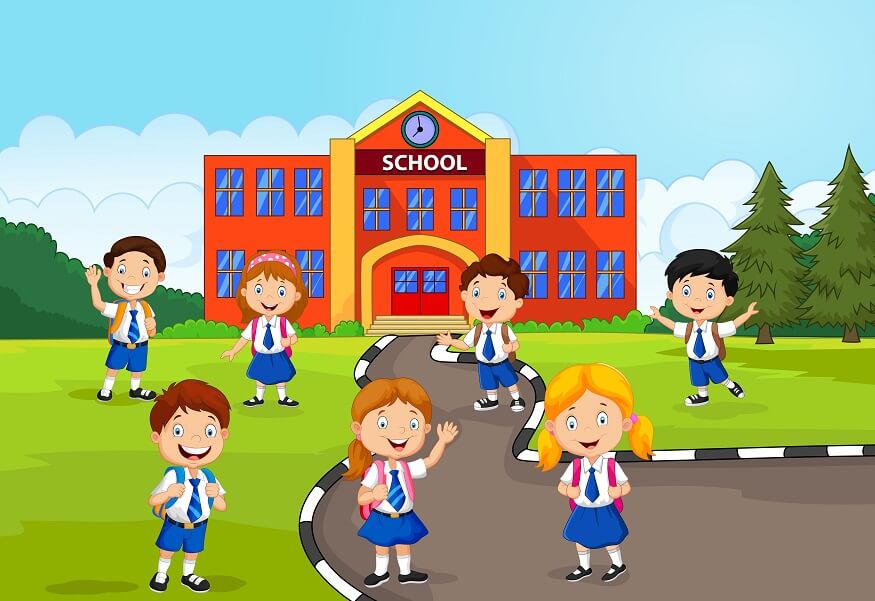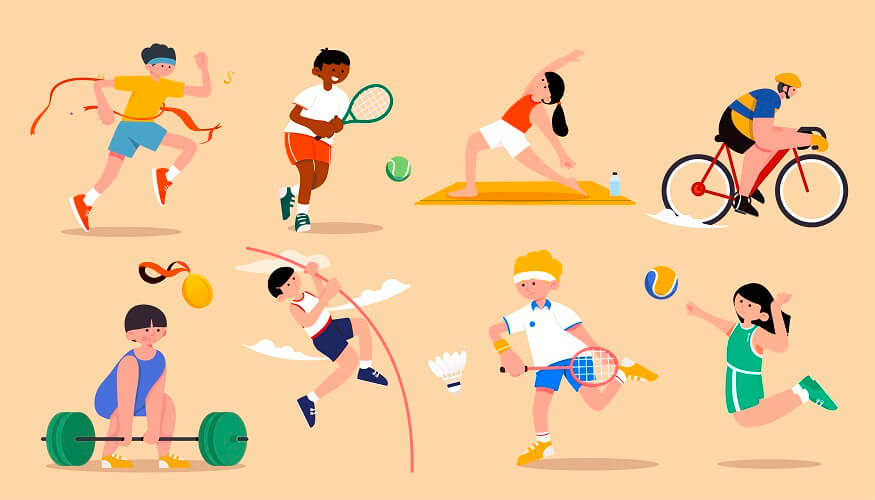The current spectrum of education in India comprises four prominent boards which parents and children have a choice to pick from. The four prominent boards are:
- Central Board of Secondary Education (CBSE)
- Indian Certificate of Secondary Education (ICSE/ISC)
- State Boards
- International Boards
Each of these boards has its pros and cons. The Central Board of Secondary Education (CBSE) board is the most popular in India. Around 38 lakh students appeared in the recently conducted 2023 board exams. As per reports, there are 20,000+ CBSE schools in India. The margin of leadership for the CBSE board can be gauged by the fact that compared to CBSE, ICSE is a distant second with just 2,213 schools, and the international board, Cambridge with just 310 schools. The popularity of the CBSE board schools is not just limited to India. You can find a CBSE board school in more than 25 countries globally. This is a true testament to the increasing worldwide popularity of the CBSE board schools.
Given such wide popularity and penetration of the CBSE board, there is a high likelihood that you might have studied in a CBSE school and your child might also study in a CBSE school. Before you make that choice, let’s try and understand the merits of the CBSE board.
Designed for less pressure
The CBSE curriculum is designed to exert less pressure on the students. It is a widely held belief that as compared to the ICSE/ISC board, the CBSE board is not as tough as other boards in terms of scoring marks and academic rigour. To achieve this the curriculum provides a wide range of subjects, to be taught using innovative teaching methods. The subjects typically focus on application and do not go to excessive depths. The curriculum and evaluation format is designed to provide less emphasis on rote learning and more on application and skill-based learning.
Focus on skill-based learning
The CBSE curriculum focuses on skill-based learning. The curriculum is designed to impart key skills to children. Topics are more application-oriented with real-life applications thus making them more real to students. The practical applications also make it easier to grasp children and end up developing some real and useful life skills.
Emphasis on job skills
The CBSE board gives special emphasis on skills which are in demand in the job market. At the end of the day, one of the vital objectives of education is to become employable. The CBSE curriculum with its combination of core and elective subjects is a reflection of this ideology. The electives from class IX onwards right up to class XII are designed in a way to give corporate exposure to the students much in advance. Students of CBSE schools end up being much more aware and conscious of the career choices that face them and are thus well suited to make informed career decisions. Following is a sample of the electives offered by CBSE schools for class IX and class X students.
The skill subjects offered by the Department of skill education for classes 9th to 10th are as follows:
- Employability skills
- Retail
- Information Technology
- Security
- Automotive
- Financial Markets
- Tourism
- Beauty and Wellness
- Agriculture and Food Production
- Front Office Operations
- Banking and Insurance
- Marketing and Sales
- Healthcare
- Apparels
- Multimedia
- Artificial Intelligence
- Physical Activity Trainer
- Data Science
- Electronics and Hardware
This list indicates the focus on job skills in the CBSE curriculum.
Conducive for competitive exams
Most students aim to clear competitive exams after passing out of school. These competitive exams open up lucrative career opportunities for students in the fields of engineering (JEE), medicine (NEET), public service (UPSC, IES), teaching (NET), Law (CLAT), Accountancy (CA), and Banking (SBI PO, IBPS PO, RRB etc.). As a result, one of the key criteria for board selection is how conducive the board is for competitive exam preparation. This is also where the benefits of the CBSE board trump most of the other boards. Given the “less pressure” nature of the curriculum gives students a lot of time to devote to their exam preparations. The curriculum is also designed mindful of the competitive exams to maximise overlaps.
Focus on holistic development
The CBSE curriculum focuses on giving equal importance to academic and extracurricular activities. The prescribed curriculum with its mix of classroom and lab activities along with the other prescribed activities ensures the holistic development of students in CBSE schools. The courses taught to strike a delicate balance between the development of mind, body, and soul giving shape to strong character and personality among students.
Grading system
Another element of student-centricity is the grading system followed by the CBSE board. Grades are awarded based on a mix of academic and extracurricular activities. Grades also reduce the competitiveness among students by eliminating the race of scoring more marks than the others. There was a time when even a one-mark silly error in exams used to cause extreme stress to students. Creating a range-based grading system may not have eliminated the race for marks, but has certainly reduced the sensitivity for children. An indicative grading system followed by CBSE schools is given below.
|
Marks |
Grades |
Grade Points |
|
91-100 |
A1 |
10 |
|
81-90 |
A2 |
9 |
|
71-80 |
B1 |
8 |
|
61-70 |
B2 |
7 |
|
51-60 |
C1 |
6 |
|
41-50 |
C2 |
5 |
|
33-40 |
D |
4 |
|
21-32 |
E1 |
0 |
|
20 and below |
E2 |
0 |
The Foreign Schools Cell
Given the growing demand for international education amongst Indian students, and probably in response to the increasing popularity of international curriculum schools, CBSE has set up their foreign school cells to enhance its presence globally. CBSE schools are currently present in more than 25 countries. This will help in providing a seamless transition for families planning to travel and settle abroad.
EuroSchool is one of the premium schools in India and is affiliated with the CBSE board. The state-of-the-art infrastructure, best-in-class amenities, and world-class teaching staff at EuroSchool leverage the robust CBSE curriculum and deliver it at the highest quality levels to students.











